Safety Measures for Local and Rural Roads: Management of Speed and Non-Motorized Users
Speeding is defined as exceeding posted speed limits or driving too fast for conditions. This is a behavior that some drivers engage in without recognizing the risks or seriously considering the consequences. The most serious consequences of speeding are the fatalities and serious injuries that result from crashes. Over the last ten years, speeding has been consistently identified as a contributing factor in nearly one-third of all roadway fatalities nationwide. Crashes involving speeding occur on all road types but are particularly prevalent on the local rural road system. This book provides information on how to develop a Speed Management Program that is tailored to meet the needs of local rural road practitioners. A Speed Management Program can be effective in lowering the number of speeding crashes and the resulting fatalities and serious injuries on local rural roads. Non-motorized modes of travel can also be expected along these roads. Non-motorized transportation is primarily comprised of biking, walking, equestrian, and horse-drawn vehicles but may also include other nonpowered transportation devices. This book is also a guide to assist local rural road practitioners in making effective use of current practices and resources addressing non-motorized mobility and safety, thereby creating a more accommodating and viable transportation system for all road users.
{{comment.content}}
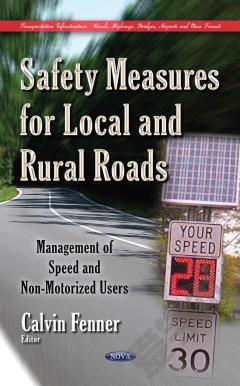
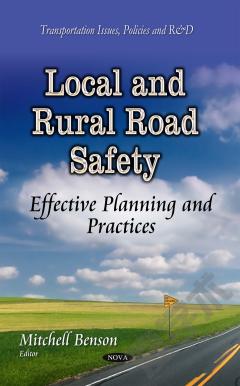
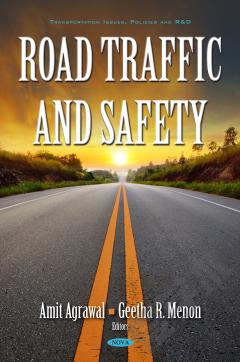
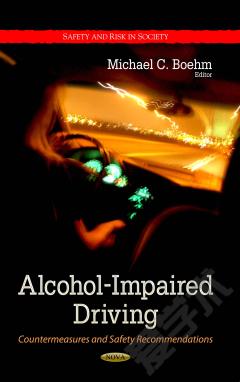
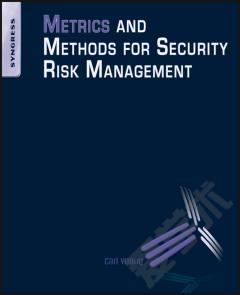
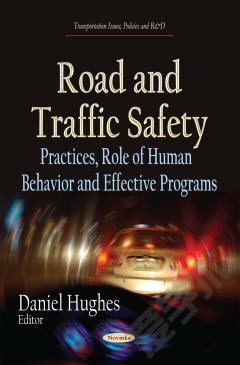
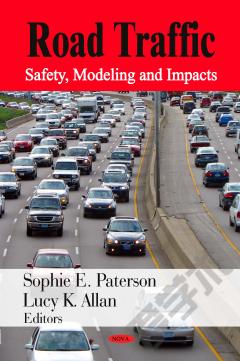

 京公网安备 11010802027623号
京公网安备 11010802027623号